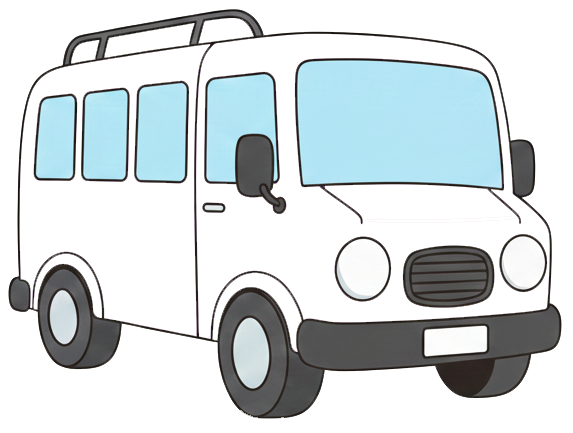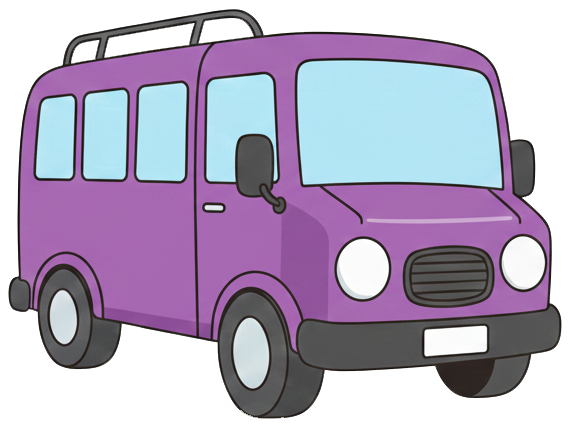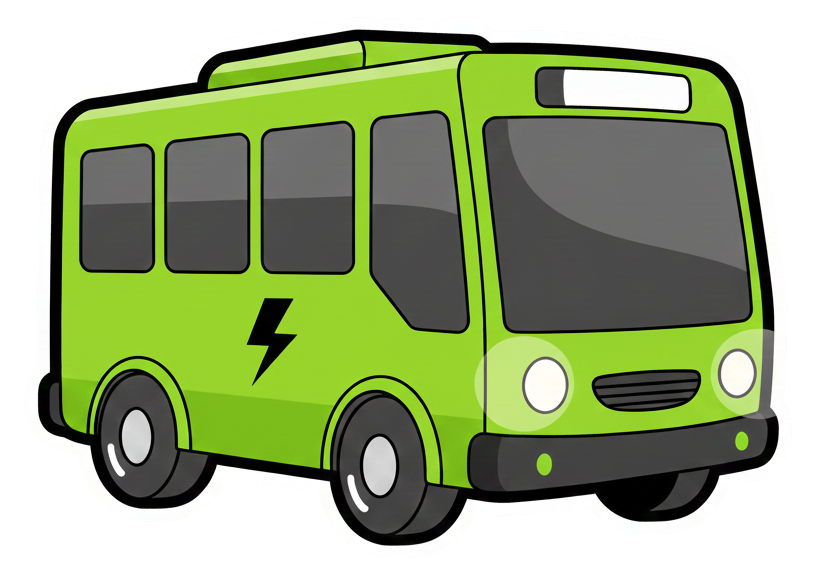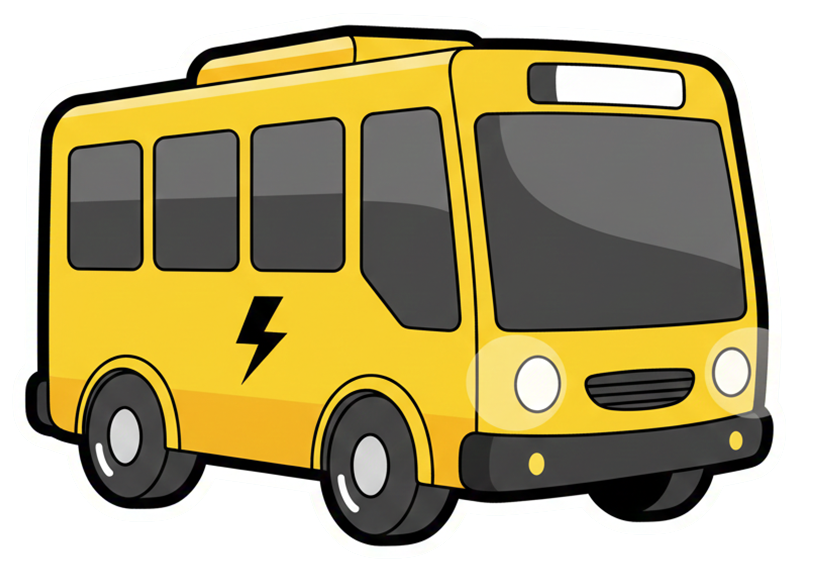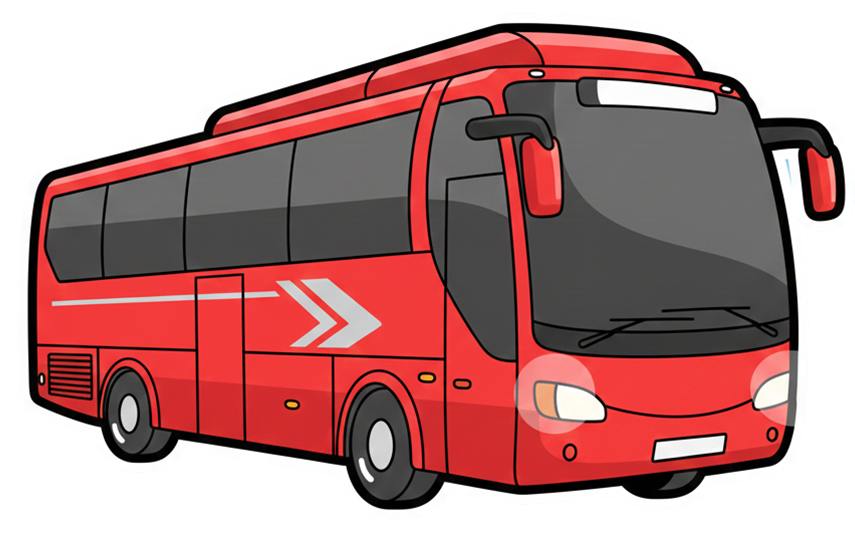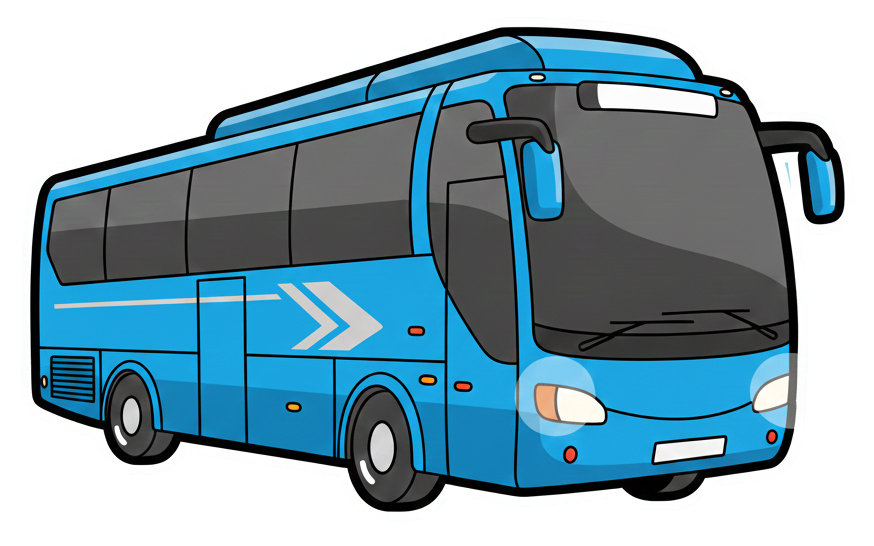
That's a Wrap!
The Show Has Now Closed
Thank you for being part of our Virtual Show!
The virtual doors have now closed on what has been a truly fantastic and successful event.
We are so grateful to everyone who made this show possible: a huge thank you to our dedicated suppliers and our valued sponsors for showcasing the best of the industry, and to our exceptional team for their hard work in bringing this event to life. And, most importantly, thank you to all our attendees! Your presence, participation, and enthusiasm are what made this show a success.
While this year’s show is over, our commitment to connecting the industry and delivering invaluable content continues. We’re already planning exciting new ways to bring the industry together in the future.
Don’t miss out on what’s next!
Sign up below to receive exclusive updates and announcements regarding our future events and shows.
Also, for all those who participated in our prize draws and competitions, please note that all winners will be contacted directly by December 5th. Good luck!
*Terms & Conditions
Prize Draw & Data Terms (CBW Virtual Show)
By submitting this form, you agree to these essential terms:
1. Data Use & Event Entry
1.1. Organiser: This show and draw are managed by
Coach and Bus Week Limited.
1.2. Data Consent: You agree to receive marketing emails and updates about the CBW Virtual Show. Your data is handled per our Privacy Policy:
https://cbwmagazine.com/terms-and-conditions/.
1.3. Eligibility: Entry is open to individuals aged 18+.
2. £100 Cash Prize Draw
2.1. Entry: All successful pre-registrants are automatically entered into the draw. Limit one entry per person.
2.2. The Prize: One payment of £100 cash (GBP), paid via bank transfer.
2.3. Winner: Selected randomly within 7 days of the closing date (to be announced). The Organiser’s decision is final.
2.4. Claiming: The winner must respond to our email notification within 14 days or forfeit the prize, resulting in a redraw.
2.5. Publicity: The winner agrees to their name and company being used solely for the prize announcement.
2.6. Organiser Rights: The Organiser reserves the right to amend or cancel the draw if required.
For more information, call us on 01733 293240
